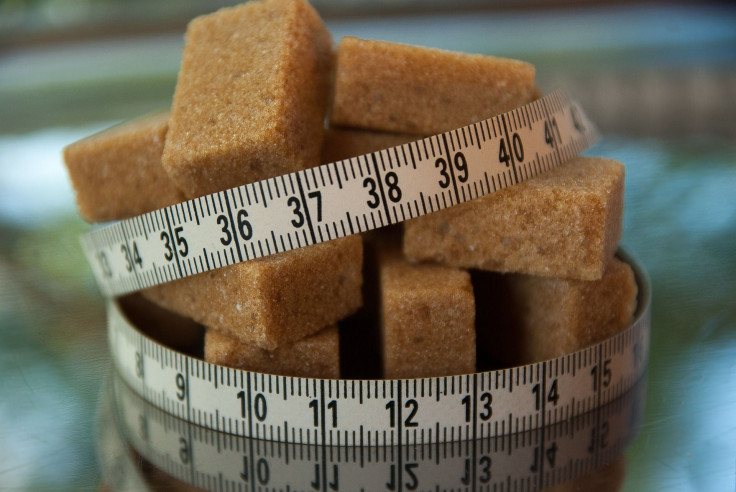What Is A Calorie And Why Does It Matter To Your Diet?

When people talk about dieting and healthy eating, they usually talk about calories: how many you should have in one day, or with each meal, or for every hour of exercise. But what are calories really?
The concept is often spoken of as if calories are a measure of an amount of food, but of course they are not — two portions of food that take up the same space could have different calorie counts.
Read: Which Is Worse, Stress Eating or Stress Fasting?
Scientifically speaking, a calorie is a unit of energy, and a single calorie is how much heat energy it takes to raise the temperature of a kilogram of water by one degree Celsius. If that’s hard to remember, people familiar with Latin-based languages will be able to identify the root of the word: calor, which translates to “heat.”
What does that mean to you and your diet? When it comes to eating, calories measure the amount of energy your food contains (in the chemical bonds that hold it together on a molecular level). According to TED-Ed, we release that energy when we digest the food, and store it in our own molecules until we are ready to use it to power our bodies. When we eat more energy than we burn in a day — like if we don’t get enough physical activity compared to our food intake — we store that extra energy as fat. TED-Ed explains that about 70 percent of the energy we use is to support our body’s basic functions.
It’s important to keep in mind, however, that the amount of energy contained in food is not equal to the amount of energy we get out of it. Each body breaks things down differently, based on our own biology, and there’s a small amount lost in digestion because our body uses energy during that process. But despite what you may have heard, there are no foods that take more energy to break down than they actually contain, mythical portions called “negative-calorie foods.” Sorry, according to the BBC, those simply do not exist.
See also:



























